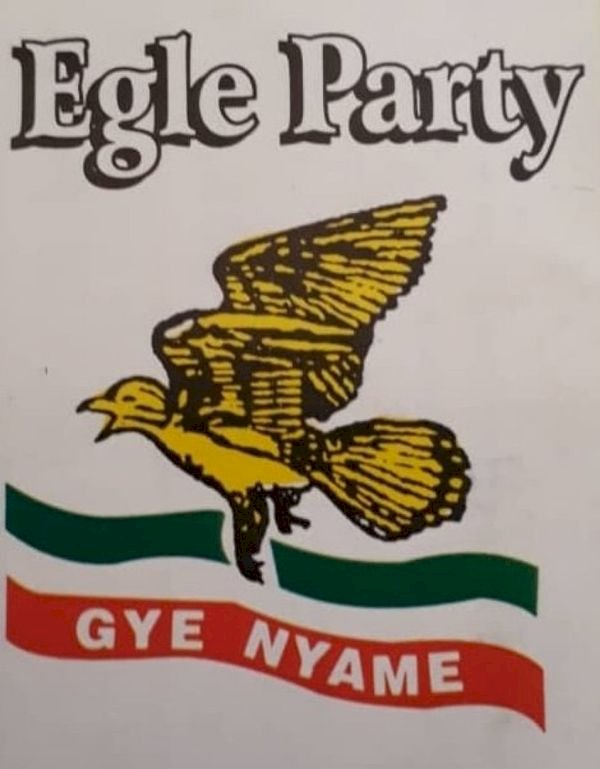Egle Party out of 2020 Elections due to lack of funds

The Every Ghanaian Living Everywhere (EGLE) party will not contest the 2020 General Election, the National Communications Director of the party, Mr Francis Lokko, has stated.
He said, though the party had priority areas that it intended to work on for the country if voted into power, the Party lacked funding to contest the 2020 polls.
Speaking in an interview with the press, Mr Lokko said, the party still had the welfare of the nation at heart and would not hesitate to devise mechanisms to develop the agricultural sector should it get the opportunity in future.
READ ALSO:
Akufo-Addo is avoiding a debate with Mahama due to his bad record - Ablakwa
Agriculture
He said the party believed that when the agricultural sector was boosted, it could generate funding to develop other sectors of the economy.
“Ghana is an agricultural country. So we would have loved to tackle agriculture vigorously if we were going to be given the opportunity and boost areas such as fishpond management, poultry production, cocoa production, and animal husbandry.
“Other areas we will tirelessly work to improve will be productivity, agro-based activities, education, waste management, corruption, and the healthcare system,” Mr Lokko said.
Background
The EGLE party, with a symbol connoting a ‘coot landing in the colours of blue, red and white’, formally obtained its final certificate to operate as a political party on August 13, 1992.
It was formerly called the “Eagle Club 1 and 2”. The name, Eagle, had to be changed as it coincided with that of the nation’s Coat of Arms.
It was, therefore, later changed to ‘EGLE’, thus “Every Accountable Ghanaian Living Everywhere” and subsequently re-changed to “Every Ghanaian Living Everywhere”.
Founding fathers of the Party are Mr Emmanuel Owuraku Amofah, Mr Danny Ofori-Attah, Mr Michael Agbotui Sousoudis, Nana Yaw Boakye, and Captain Okine among others.
The ideology of the party is centred on “Probity, Accountability and Development.”
SOURCE: GNA





































